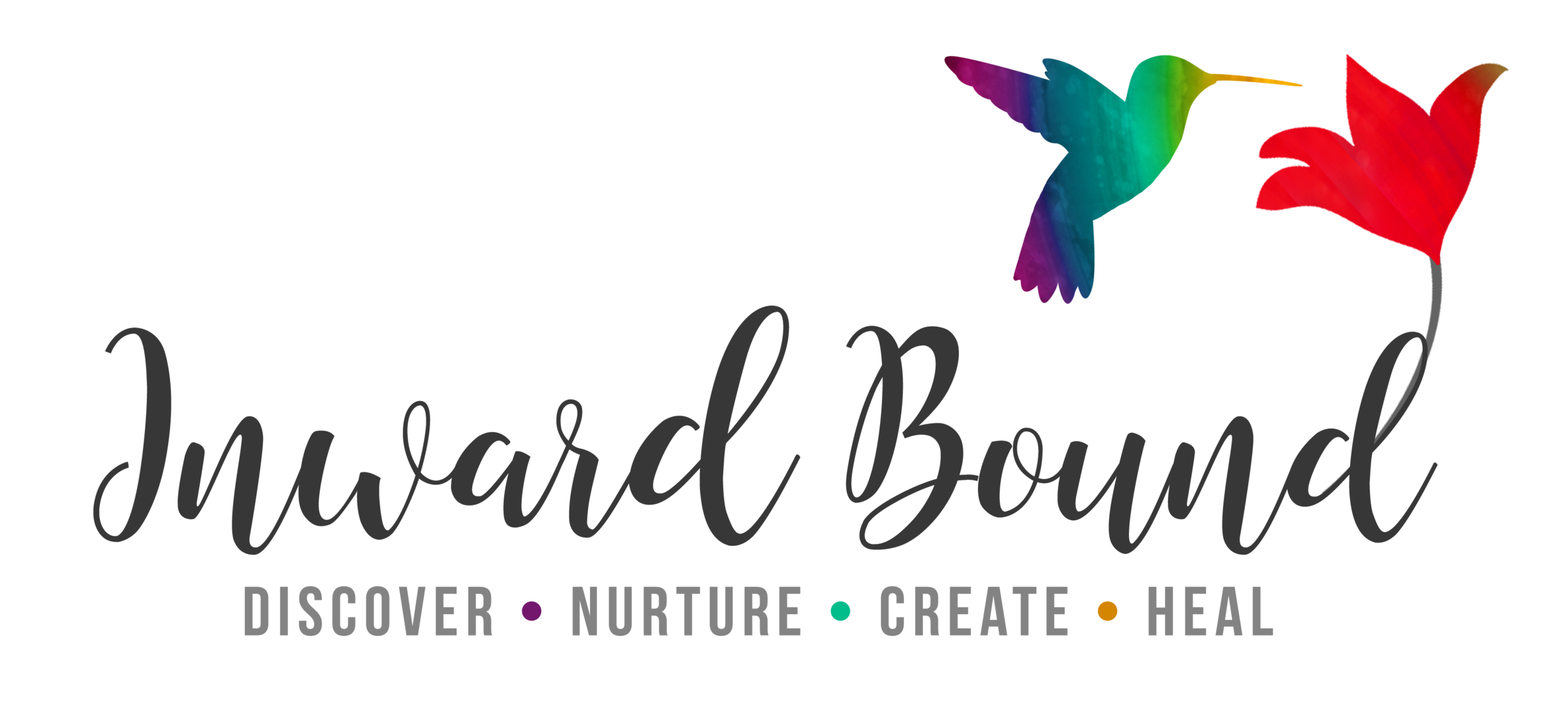TRIBAL LIVING
Last night, I had an extraordinary experience with a group of cradle care parents from a local adoption agency. They kindly invited me to their monthly support group to offer some training around infant attachment. As is always the case, it was a sensational learning experience for me… I LOVE shaking hands with folks who have welcomed so many children, the count has reached triple digits. These folks are veterans in every sense of the word! And, oh!!! The wisdom!
While we were discussing an infant’s trauma when being separated from birth parents, especially Mother, and the process of adoption, this group of cradlers began discussing their role in the process. Often, they are a bridge between birth and adoptive families. And we began to weigh, as a group, what the impact may be upon these wee ones… Do longitudinal studies show that children who have attuned cradle care fare as well as children placed directly from the hospital? (This was a point of tension for me… While many children do awfully well in this scenario, there was a part of me that desperately wanted to speak up on behalf of adoptees placed in their adoptive families directly from the hospital – who still suffer attachment challenges.) Is there any research which identifies the quantitative and qualitative differences between the brains of children who receive healthy, attuned cradle care before placement with an adoptive family versus those who are in the care of a distressed and “debating” birth parent until moving to a forever home? Round and round we went.
One participant paralleled cradle care with tribal living, citing Dr. Perry’s groove that tribal living is what human beings are wired for (and that our culture is far too independent)… We discussed other countries and cultures where children have multiple familial caregivers, and supposed the the adulthood yield is very well-adjusted and healthy human beings. And maybe so. I cannot pretend to know things I don’t. So I won’t. But something in me was not settled with how the group punctuated the conversation, making cradle care akin to tribal living.
As I was driving home, under a sky blanketed in black, it dawned on me! I was unsettled because the parallel just doesn’t fit. The difference is notable; the difference is trauma. Dr. Perry once said the most significant trauma a human being can withstand is separation from the birth mother. Even so, life with an attuned and loving cradle care provider may very well be in a child’s better long-term interest than being in the care of a tortured birth parent trying to make heads or tails of the circumstances. I can concede that, but is does not negate the trauma that occurred. So I boiled it down to this: The difference between tribal living and cradle care is significant because of the puzzle piece named trauma that precedes cradle care.
So there. I said it. I wish I had thought to say it last night. For whatever reason, I wasn’t of the mind to string these thoughts together in that moment. At least now, I can know I finished the discussion with myself in a punctuated way that feels synchronous. I think it was so important to me to do so because after all, we must never forget: Even if there is no conscious memory associated with these losses for infants, they are no less impacted. And even when cradle care is the best alternative available, the child is still enduring a significant traumatic transition – even if he/she is leaving a dysregulated caregiver for a healthy and stable one. I think we need to say it again and again… so the whole “tribe” knows, and we can do better by “our” little ones.
Yours, in Love and Light,
Jen

